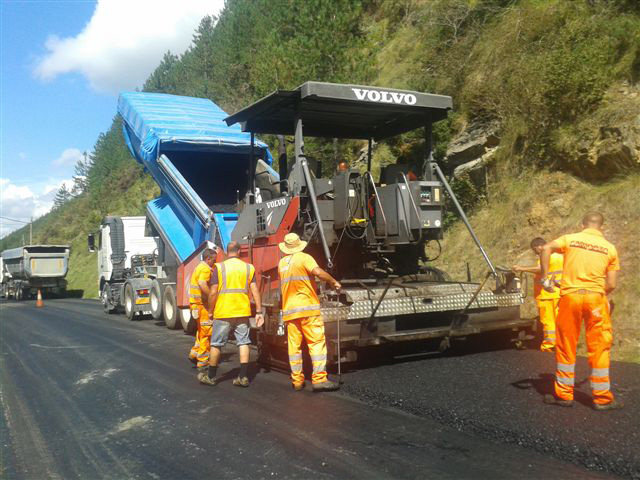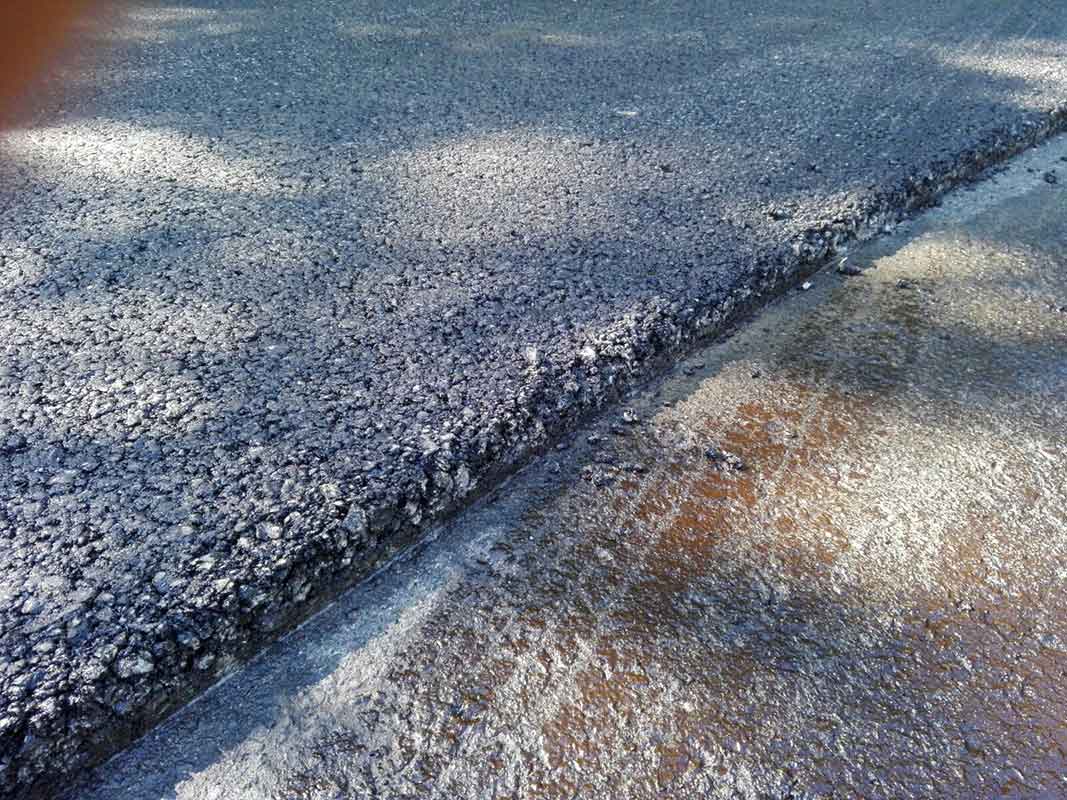MEBITA
REUSE OF MILLING MATERIAL IN WARM BITUMINOUS MIXES FOR ROAD REHABILITATION
In 2013, the Basque Country generated more than 83,000 tonnes of asphalt mix waste from road milling rehabilitation. Currently, most construction tenders include a provision for the removal of milled material to landfill and the management of the waste is left to the construction companies, which reuse it in lower value applications or it even ends up in landfill. Milled asphalt mix materials have the potential to be used again in road construction as components of new asphalt mixes or as granular materials. In recent years, there have only been two applications of milling (warm) in the Basque Country and another two in Spain, but it has not become established as habitual practice.
The CAMPEZO business group leads the MEBITA project, in which GIPUZKOA PROVINCIAL COUNCIL, the civil infrastructure engineering company, CIESM-INTEVÍA, and the asphalt company, ASFALTIA, which is part of the CAMPEZO group, have participated.

DRIVING FACTOR


 OBJECTIVES
OBJECTIVES
- Construct more road sections with a proportion of up to 80% of materials added from the milling of aged roads and with the technical performance required by the Works Management.
- Determine the environmental parameters of the use of milling in bituminous mixes warmed with bituminous emulsion (below 100°C) for roads.
- Confirm that the environmental impact during application are lower than for hot mixes and that the reduction in material and energy consumption is similar to that predicted in the technical literature.
- Obtain a protocol of good technical and environmental practices.
 RESULTS
RESULTS
- Bituminous mixes made of warm emulsion and milled material have physical and mechanical characteristics suitable for use in medium and low traffic road surfaces as a wearing layer.
- Slightly lower water sensitivity performance in this type of mix than in hot mix asphalt mixes, due to the presence of water in the process.
- Due to the lower ageing of the binder because of the lower manufacturing temperature, the warm mixes are more deformable.
- The rigidity module of the emulsion-warmed and milled mixes is around the same as that of the hot mixes, although their cohesion is somewhat lower.
- Definition of complementary methods for the manufacture of specimens and the equivalence of rotating compaction with the usual impact compaction.
 CONCLUSIONS
CONCLUSIONS
- Warm asphalt mixes are another alternative for producing asphalt mixes with technical characteristics suitable for medium and low traffic intensity roads.
- These mixes also have environmental advantages due to their lower manufacturing and laying temperature, as they are manufactured at around 100ºC, approximately 60ºC lower than hot mixes.
- Warm mixes consume less fuel due to the lower manufacturing temperature, emit fewer Greenhouse Gases (GHG) and also allow for the reuse of a waste product, the milling material from ageing roads, which would otherwise be sent to landfill.
ENVIRONMENTAL
TECHNICAL
ECONOMIC
COMMERCIAL
ON THE MARKET






